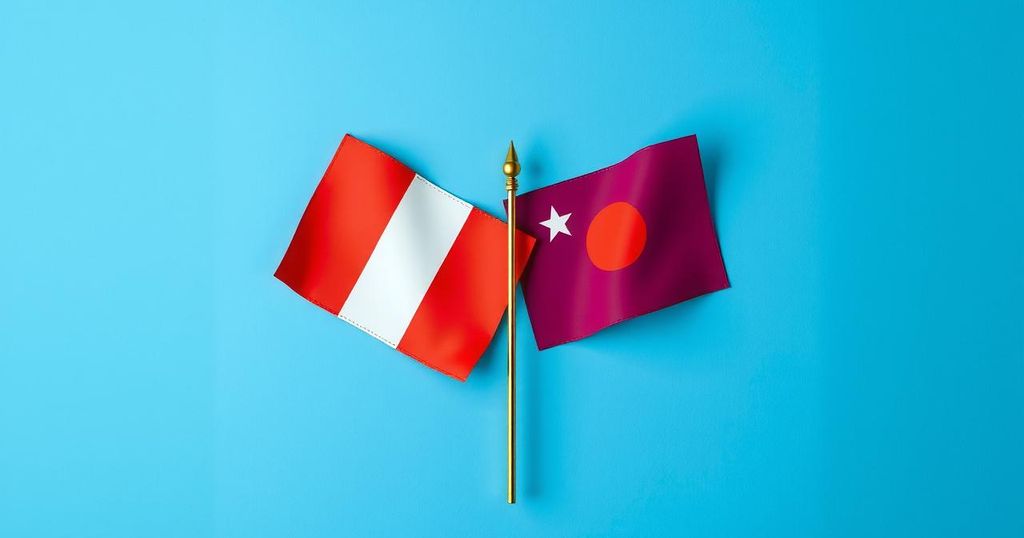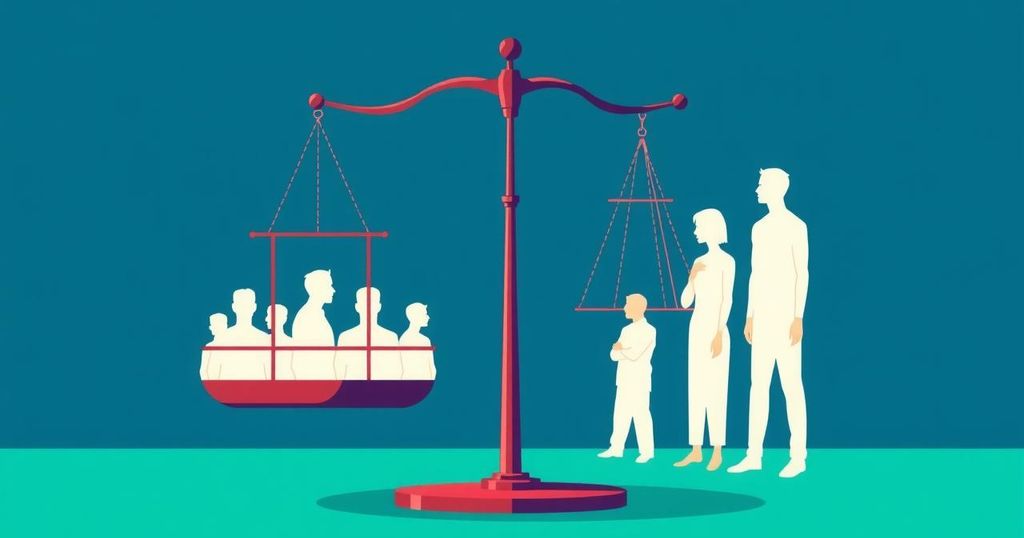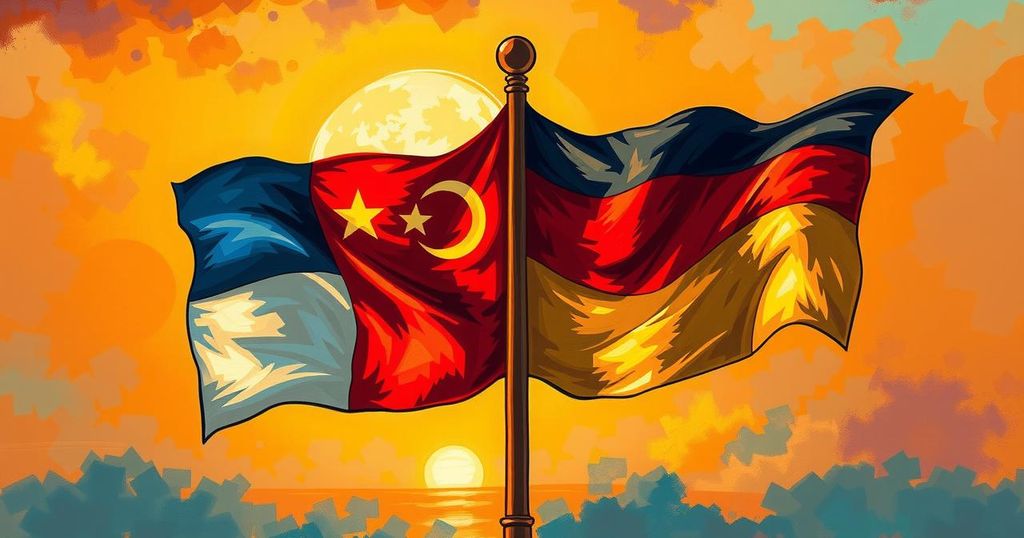Salvadoran President Nayib Bukele has proposed a humanitarian agreement with Venezuela to exchange 252 deported Venezuelans for an equal number of political prisoners held by Nicolás Maduro’s regime. Bukele’s offer emphasizes the criminal actions of those deported while claiming that Venezuela’s political detainees are imprisoned for opposing the government. Recent challenges to U.S. deportation policies have intensified scrutiny of the Trump administration’s approach.
On Sunday, Salvadoran President Nayib Bukele proposed a prisoner exchange with Venezuela, offering to trade 252 Venezuelans deported to El Salvador by the United States for an equal number of political prisoners detained by President Nicolás Maduro’s regime. “I want to propose to you a humanitarian agreement calling for the repatriation of 100 percent of the 252 Venezuelans who were deported, in exchange for the release and handing over of an identical number from among the thousands of political prisoners that you hold,” Bukele stated on social media platform X.
President Bukele, who recently visited the White House, noted that the Venezuelans in custody in El Salvador were apprehended as part of efforts against gangs, specifically the Tren de Aragua, in the United States. Over the past month, the administration has deported 288 migrants linked to these gangs, which the Trump administration has designated as a terrorist organization, to El Salvador. The United States government is financing the incarceration of these individuals in CECOT prison located near the capital city, San Salvador.
The Trump administration has faced legal challenges related to deportations, with a recent Supreme Court order halting removals under the Alien Enemies Act, originally enacted for wartime measures. Such policies and the administration’s contentious responses have raised concerns over possible constitutional violations, suggestive of an attempt to consolidate power.
In his statement, Bukele emphasized the criminal actions associated with the Venezuelans in custody, asserting that many had been involved in serious crimes including murder and rape. He contrasted this with the detained political prisoners in Venezuela, who he claimed have been imprisoned solely for opposing the Maduro administration. He specifically called for the release of several prominent political prisoners, including Rafael Tudares and journalist Roland Carreno, as well as individuals of various nationalities detained in Venezuela.
In conclusion, President Nayib Bukele’s proposal for a prisoner exchange with Venezuela outlines a significant humanitarian agreement that aims to address the plight of political prisoners while considering the deported Venezuelans in El Salvador. This exchange reflects the ongoing complexities arising from U.S. immigration policies and the broader geopolitical tensions related to the governance of both nations. As developments unfold, it highlights the interconnectedness of international human rights issues and diplomatic relations.
Original Source: www.iosconews.com




